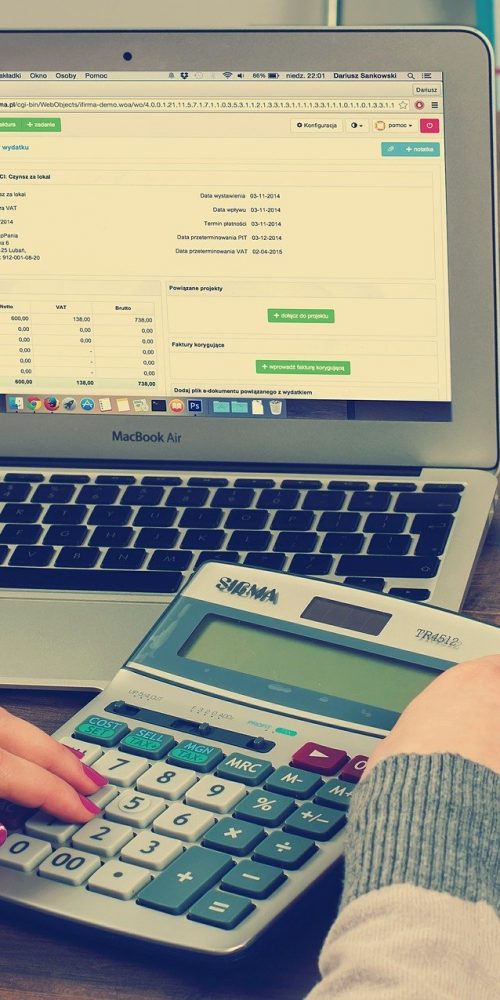Addressing the Urgent Need for Support with Upcoming Tax Deadlines
Recent studies indicate that a concerning 25% of self-employed individuals in the UK are considering postponing their tax payments for the 2019-20 fiscal year. This critical decision stems from the profound financial strains brought on by the coronavirus pandemic and subsequent business restrictions. A survey conducted by Which?, encompassing 4,000 taxpayers, underscores the immediate need for customized support regarding tax deadlines. These findings highlight a pressing demand for effective assistance that can help individuals manage their financial obligations during these unprecedented times.
The pivotal deadline for tax return submissions is January 31st, coinciding with the payment due for the 2019-2020 tax year. Alarmingly, nearly one in four self-employed taxpayers have already opted to delay their payments, which are due in less than two weeks. This situation is further complicated by the fact that around 22% of these individuals previously utilized the government's initiative to defer payments until July 2020. Additionally, the survey estimates that UK taxpayers will collectively spend approximately 19 million hours preparing their tax returns as the deadline approaches, highlighting the substantial burden they face.
Despite the looming deadline, many taxpayers have yet to finalize their plans. About 16% remain uncertain about their actions or have not given the matter serious consideration. Moreover, over 42% have indicated that they have already chosen to defer their July payment due to ongoing financial challenges. This scenario emphasizes the widespread impact of economic hardship on tax compliance and underscores the urgent need for accessible support services to aid those in distress.
The UK government has introduced a Time To Pay scheme, enabling taxpayers to spread their tax bill payments throughout the year in manageable monthly installments. This option offers a less overwhelming approach to managing tax liabilities; however, it is essential to note that interest will accrue on any outstanding balance. Taxpayers struggling to meet their tax obligations should thoroughly assess this alternative to ensure they can effectively manage their responsibilities.
The Time To Pay scheme remains available regardless of the pandemic's consequences and should not be confused with the government’s deferral options for payments originally due by July 2020. The latter was part of a broader range of financial relief measures aimed at supporting self-employed individuals, allowing them to postpone their payment deadlines until January 31, 2021.
Recognizing the Importance of Timely Tax Payments to Avoid Financial Penalties

Failing to submit your tax payment by January 31, 2021, can result in serious financial repercussions. Taxpayers must proactively engage with HMRC to establish a feasible alternative, such as a Time To Pay agreement, if they wish to avoid incurring penalties. Delayed tax payments can lead to a substantial interest charge of 2.6% applied from the original payment due date. Furthermore, a 5% penalty on the unpaid tax will be enforced after 30 days, followed by an additional 5% fee on July 31, 2021, and another 5% levy after one year of late payment. These financial consequences underscore the critical importance of timely tax compliance to prevent accumulating debts.
Key Steps to Take If You Cannot Pay Your Tax Bill on Time
For individuals grappling with financial difficulties and unable to fulfill their tax obligations, the government has established various support schemes to assist them. One potential avenue is to negotiate an agreement with HMRC through their Time To Pay scheme; however, eligibility for this program comes with specific criteria:
- You must owe less than £30,000 in tax
- The arrangement should be initiated within 60 days of the payment deadline
- Your tax returns must be current and completed
- You should have no outstanding debts with HMRC
- You do not currently have any other payment plans or agreements with HMRC
If your tax debt exceeds £30,000 or you anticipate needing more than the maximum 12 months allowed by the Time to Pay scheme, it is still possible to discuss alternative installment arrangements with HMRC. The most crucial step, especially if you are uncertain about your capacity to pay your tax bill or require guidance on postponing your payment, is to reach out to the HMRC Payment Support Service at 0300 200 3835. Taking proactive measures can significantly assist you in navigating these challenging financial times successfully.
Discover Essential Resources to Empower Your Financial Management

Debt Consolidation Loan Calculator for Smart Financial Planning
Debt Consolidation Loan Calculator for Strategic Financial Planning

Furlough Rights Explained: Know Your Entitlements
Furlough Rights Explained: Your Comprehensive Guide to Entitlements

Debt Consolidation Loan Advice: Why It’s Essential Before Applying
Key Insights on Debt Consolidation Loan Advice: Why It's Crucial Before Applying

Avoiding a Financial Ticking Time Bomb: Essential Tips


